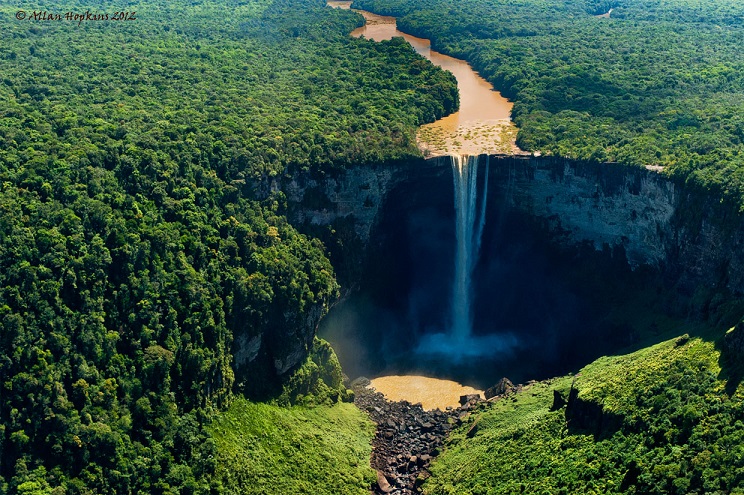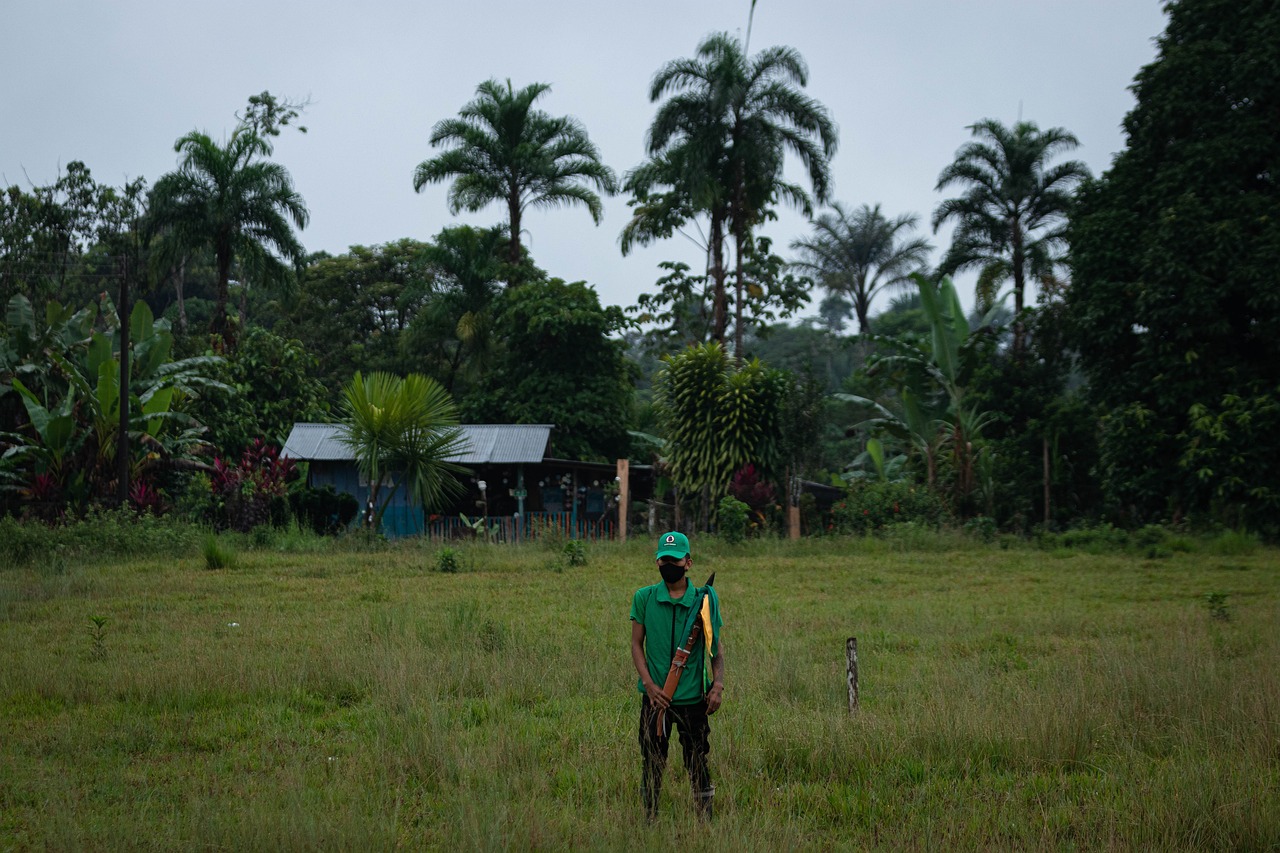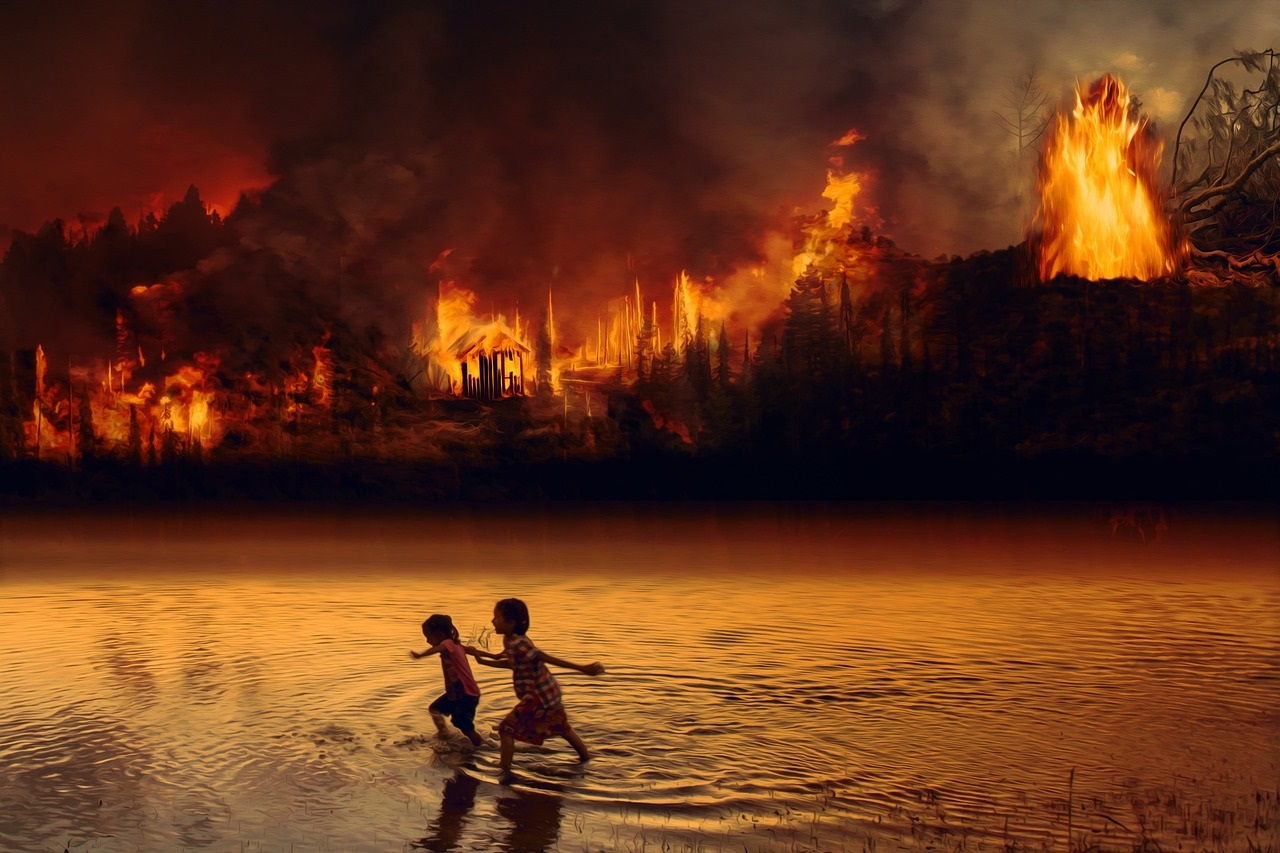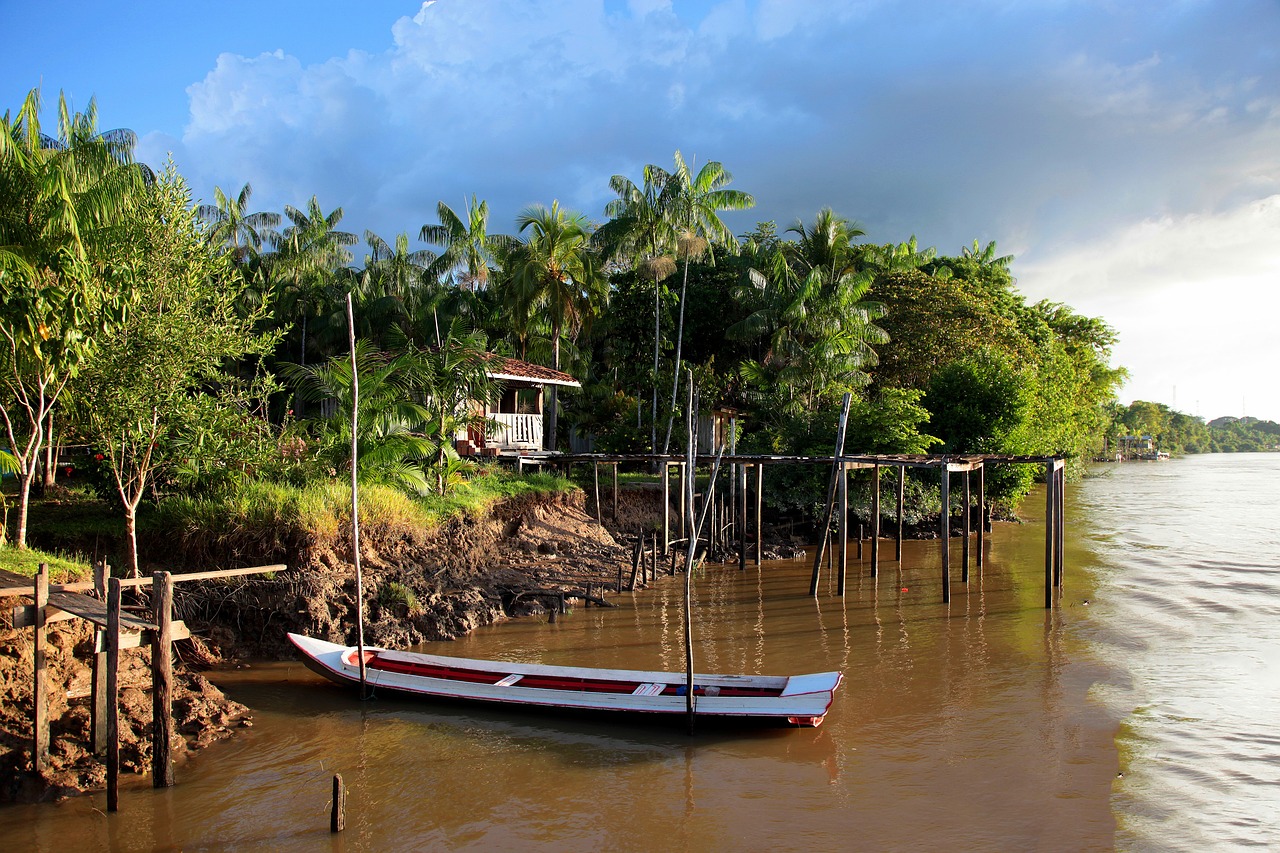Of the 29 countries in the world that sow genetically modified crops, 10 are to be found in Latin America, the region with almost half the cultivated area. The growing colonisation of local and native foods by the food industry is a significant threat to the Amazon’s indigenous territories. They appropriate their knowledge and products without these communities’ consent.

Sergio Ferrari
6% of the world’s population lives on indigenous territories, 80% of the planet’s biodiversity is concentrated there and its communities are custodians of traditional knowledge and foods.
However, land-grabs, unsustainable agricultural practices, violations of the rights of indigenous peoples and climate change are threatening that heritage dramatically.
Since ancient times native peoples have defended and promoted an extensive variety of animal and vegetable species and fought hard to ensure the survival of their traditional knowledge, their languages and foods, all of them seriously threatened with extinction by destructive social and environmental processes.
Another major threat is the growing colonisation of local and native foods by the food industry. On the one hand, this industry and its corporations endeavour to appropriate indigenous knowledge and products without these communities’ consent. Moreover, without recognising it or redistributing the profits among these communities. This has been exposed by the “Decolonise your food” campaign launched on 9th August by the Indigenous Peoples Network “Slow Food” which comprises 370 communities in 86 countries. The aforementioned initiative encourages indigenous communities to fight harder for the preservation of their food heritage against the advances of “fast food”.
On the other hand, industrial and globalised edibles are gradually displacing those generated by local and traditional communities.
 The Indigenous Peoples Network denounces that the media and, in many cases, public policy as well, encourage the production and consumption of industrial food products. Consequently, indigenous communities’ food insecurity is exacerbated due to the homogenisation of their basic diet and the disappearance of culinary traditions and even flavours, local economies and food identities.
The Indigenous Peoples Network denounces that the media and, in many cases, public policy as well, encourage the production and consumption of industrial food products. Consequently, indigenous communities’ food insecurity is exacerbated due to the homogenisation of their basic diet and the disappearance of culinary traditions and even flavours, local economies and food identities.
According to the United Nations, in 2020 there were already some 130 million people in Latin America and the Caribbean who lacked a healthy daily diet. A report by various UN agencies reveals the nutritional scandal blighting the continent: “In the region, the prevalence of moderate or serious food insecurity, overweight in boys and girls under five years old and of obesity in adults is above global averages. Moreover, the region has the costliest healthy diet in comparison with other world regions.”
“Fast food”, with high levels of fats, sugar, flavourings and additives, constitutes the antithesis of native recipes. According to data from the consultancy Grand View Research, the global fast food market generated 529,500 million US dollars in 2020. The statistics predict a compound annual growth rate (CAGR) for this sector of 4.6% between 2021 and 2028.
The “flooding” of the market with processed foods causes a considerable change in nutritional habits whose harmful effects on health are seen daily. In 2022 alone, the global surface area of genetically modified crops increased by 3.3%, reaching 202 million hectares, the highest surface area ever sown to date.
This increase occurred especially in Brazil, Australia, India, Paraguay and South Africa.
 Of the 29 countries in the world that sow genetically modified crops, 10 are to be found in Latin America, the region with almost half the cultivated area. Of the ten principal countries in this sector, four are Latin American, with Brazil and Argentina in the lead.
Of the 29 countries in the world that sow genetically modified crops, 10 are to be found in Latin America, the region with almost half the cultivated area. Of the ten principal countries in this sector, four are Latin American, with Brazil and Argentina in the lead.
Food and identity
Commenting on the importance of the “Decolonise your food” campaign, Dalí Nolasco Cruz, a Mexican indigenous leader and member of Slow Food’s board, asserts that “Our food connects us to our communities, with Mother Earth and with our forebears. It is our culture, our knowledge, our life, in other words, our very identity”.
For Nolasco “it is essential to guarantee that indigenous peoples’ foods continue to be respected, protected and celebrated as an integral part of world culinary culture”. In Mexico, the Indigenous Peoples Network is playing a very active role in this campaign by promoting the identification and presentation by indigenous communities of local foods they would like to decolonise. It has participated for years in the various initiatives and campaigns that call for a country without genetically modified food.
Nolasco Cruz insists fervently on the compelling need to promote “local agriculture to defend the biodiversity, territory and identity of the native communities”, in particular in Latin America, “where the situation remains critical”.
On the other hand, on 8th and 9th August the summit of the Amazon Cooperation Treaty Organisation (OTCA) took place in the city of Belém de Pará, in the Brazilian north.
 At this summit, called by Brazil, top level leaders attended from Colombia, Ecuador, Bolivia, Peru, Guyana, Suriname and Venezuela – the other seven nations making up this geographical region, a true ecological lung and a principal centre of the planet’s biodiversity.
At this summit, called by Brazil, top level leaders attended from Colombia, Ecuador, Bolivia, Peru, Guyana, Suriname and Venezuela – the other seven nations making up this geographical region, a true ecological lung and a principal centre of the planet’s biodiversity.
The final document includes an agenda for confronting deforestation and establishes measures of cooperation between nations for the protection of the Amazon biome.
One key aspect is reminding the world’s powerful nations that they must meet their financial commitments to care for and protect the Amazon, as set out in the UN climate accords. It is a matter of close to 100,000 million dollars annually. Despite these positive steps, spokespeople for the indigenous communities expressed their scepticism over the summit’s overall results. Essential topics such as the zero deforestation by 2030 goal and the oversight of oil and gas expansion in the Amazon were not effectively answered.
(Translated by Philip Walker – Email: philipwalkertranslation@gmail.com) – Photos: Pixabay












.jpg)












